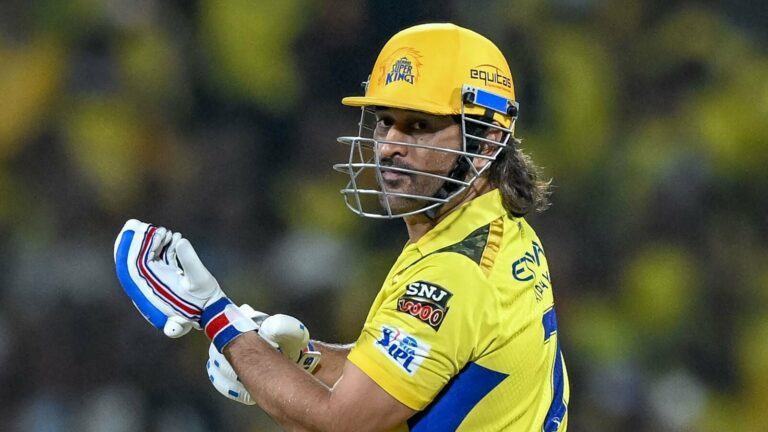The Role of Leadership Development in Cricket: 99exch, Reddy Anna Book, Allpanel
99exch, Reddy Anna Book, All Panel.com, Allpanel: A successful cricket leader possesses exceptional communication skills. Effective leaders in cricket can clearly convey their vision, strategies, and expectations to their team members. They excel at both listening to their players’ concerns and providing constructive feedback to help them improve their performance.
Another key characteristic of a successful cricket leader is their ability to remain level-headed under pressure. In the heat of a match, these leaders maintain a calm demeanor that inspires confidence in their team. They make rational decisions, stay focused on the game plan, and lead by example with their composed and collected approach to challenging situations.
Impact of Leadership Development on Team Performance
Effective leadership development is a vital component in enhancing team performance in the sport of cricket. When leaders within a cricket team undergo structured leadership development programs, their ability to inspire, motivate, and guide their team members improves significantly. This transformation in leadership style often fosters a positive team culture centered around collaboration, communication, and a shared sense of purpose.
By investing in leadership development initiatives, cricket teams can cultivate a cohesive unit that works towards common goals with passion and commitment. Strong leaders who have honed their skills through development programs are better equipped to navigate challenges, make effective decisions under pressure, and nurture a winning mindset among team members. As a result, the overall performance of the team tends to be elevated, leading to improved results on the field and a stronger competitive edge in the cricketing arena.
Strategies for Developing Leadership Skills in Cricket
Developing leadership skills in cricket entails nurturing qualities such as communication, decision-making, and emotional intelligence. Captains who excel in these areas can inspire their team, navigate challenges effectively, and foster a positive team culture. Communication is a fundamental aspect, as leaders must clearly convey game plans, motivate teammates, and provide constructive feedback.
Furthermore, decision-making skills play a pivotal role in leadership within the cricketing context. Captains must make quick, strategic decisions under pressure, such as setting field placements, choosing bowlers, or deciding on batting orders. Developing the ability to assess situations swiftly and make informed choices can significantly impact team performance and outcomes on the field.






